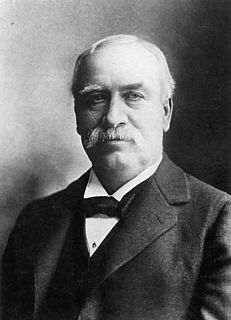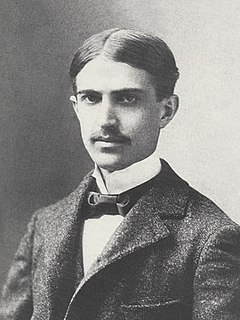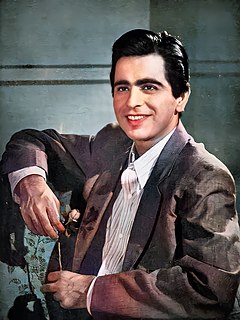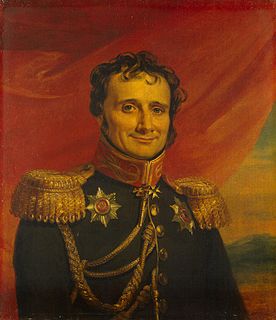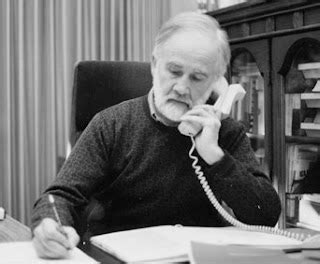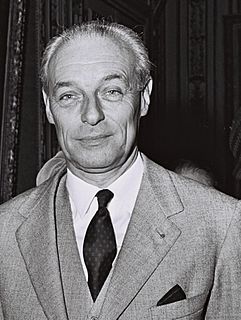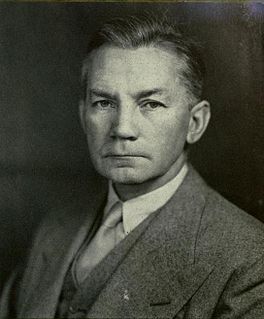A Quote by Henry Villard
General Sherman looked upon journalists as a nuisance and a danger at headquarters and in the field, and acted toward them accordingly, then as throughout his great war career.
Related Quotes
A private should preserve a respectful attitude toward his superiors, and should seldom or never proceed so far as to offer suggestions to his general in the field. If the battle is not being conducted to suit him, it is better for him to resign. By the etiquette of war, it is permitted to none below the rank of newspaper correspondent to dictate to the general in the field.
Do not weep, maiden, for war is kind. Because your lover threw wild hands toward the sky And the affrighted steed ran on alone, Do not weep. War is kind. Hoarse, booming drums of the regiment, Little souls who thirst for fight, These men were born to drill and die. The unexplained glory flies above them, Great is the battle-god, great, and his kingdom -A field where a thousand corpses lie. Do not weep, babe, for war is kind.
In one of the decisive battles of World War I, disastrous reports poured into the headquarters of Marshal Foch, the commander of the Allied forces. The great general never lost heart. When things were at their worst, he drafted his famous order which is now in all textbooks of military strategy: "My center is giving way, my right is pushed back, my left is wavering. The situation is excellent. I shall attack!"
It is certainly of great importance for a general to keep his plans secret; and Frederick the Great was right when he said that if his night-cap knew what was in his head he would throw it into the fire. That kind of secrecy was practicable in Frederick's time when his whole army was kept closely about him; but when maneuvers of the vastness of Napoleon's are executed, and war is waged as in our day, what concert of action can be expected from generals who are utterly ignorant of what is going on around them?
We have looked first at man with his vanities and greed and his problems of a day or a year; and then only, and from this biased point of view, we have looked outward at the earth he has inhabited so briefly and at the universe in which our earth is so minute a part. Yet these are the great realities, and against them we see our human problems in a different perspective. Perhaps if we reversed the telescope and looked at man down these long vistas, we should find less time and inclination to plan for our own destruction.
In Sherman's famous march through Georgia, his soldiers left a swath of death and destruction, destroying crops, burning homes and killing civilians. Sherman himself acknowledged that only 20% of the destruction inflicted by his invasion was inflicted on military objectives. Civilian non-combatants, essentially innocents, suffered 80% of the losses.
The gratitude of every home in our Island, in our Empire, and indeed throughout the world, except in the abodes of the guilty, goes out to the British airmen who, undaunted by odds, unwearied in their constant challenge and mortal danger, are turning the tide of the World War by their prowess and by their devotion. Never in the field of human conflict was so much owed by so many to so few.
On the whole, my family had always adopted a reserved attitude toward Zionism; my great-uncle Edmond had acted on his own in generously supporting Jewish Palestine, for reasons more humanitarian and religious than political. But the devastation caused by the war and the extermination of six million Jews radically changed all of our former attitudes. The idea of a Jewish homeland acquired an intense emotional appeal; I myself became an ardent Zionist.
